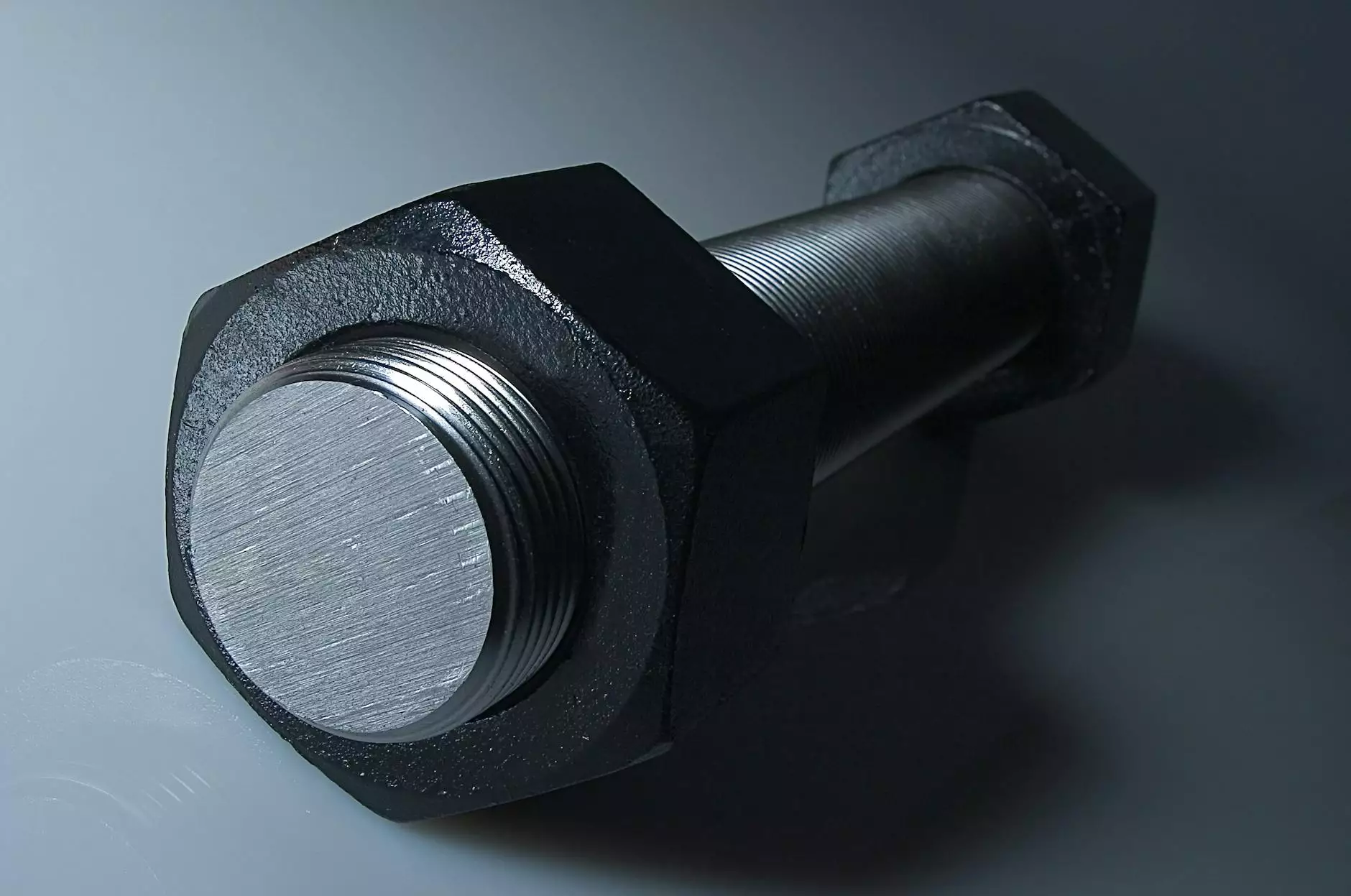Ultimate Guide to Buying Japanese Auto Parts

Understanding the Appeal of Japanese Auto Parts
Japanese auto parts have gained immense popularity among car enthusiasts and everyday drivers for several compelling reasons. Quality, reliability, and performance are synonymous with the Japanese automotive industry, making them a smart choice for those looking to maintain or upgrade their vehicles. Let's delve into why you should consider choosing Japanese auto parts and how to go about purchasing them effectively.
Why Choose Japanese Auto Parts?
The allure of Japanese auto parts lies in their precision engineering and durability. Here are several reasons for their widespread preference:
- Quality Engineering: Japanese manufacturers like Toyota, Honda, and Subaru are renowned for their commitment to innovation and high production standards.
- Reliability: Japanese vehicles are known for their longevity, and using OEM parts ensures that your vehicle continues to perform optimally.
- Performance Enhancements: Many aftermarket Japanese auto parts are designed to enhance performance, whether it's for everyday driving or motorsports.
- Availability: With globalization, sourcing Japanese parts has become easier, with numerous suppliers catering to a global market.
Top Manufacturers of Japanese Auto Parts
When considering where to buy Japanese auto parts, it is important to focus on reputable manufacturers. Some of the most respected brands include:
- Toyota - Known for their unrivaled durability and reliability.
- Nissan - Offers a range of performance and standard parts.
- Honda - Renowned for their engines and transmission components.
- Subaru - Offers unique parts for all-wheel-drive systems.
- Mitsubishi - Provides performance upgrades and standard replacements.
Where to Buy Japanese Auto Parts
Looking to buy Japanese auto parts? Here are several avenues you can explore:
1. Online Retailers
One of the simplest ways to source Japanese auto parts is through online retailers. Websites such as 1autoparts.com provide a variety of options:
- OEM Parts: The original equipment manufacturer parts are ideal for maintaining the integrity of your vehicle.
- Aftermarket Parts: These can offer improved performance at a competitive price.
- Used Parts: A cost-effective option allowing for repairs without breaking the bank.
2. Local Auto Parts Stores
Don’t overlook local stores. They often have knowledgeable staff who can help you find exactly what you need. Plus, you can inspect parts before purchasing.
3. Dealerships
While they might be more expensive, authorized dealerships ensure the parts are genuine. For specific models, this may be the best choice.
Understanding Different Types of Auto Parts
Japanese auto parts can be categorized into several types, each serving a unique purpose in your vehicle’s performance:
- Engine Components: Critical parts like pistons, camshafts, and gaskets.
- Transmission Parts: Essential for the smooth operation of your vehicle's powertrain.
- Suspension Systems: Necessary for maintaining vehicle handling and comfort.
- Braking Systems: Includes brake pads, rotors, and calipers that ensure safety.
- Electrical Components: Battery, starters, and alternators crucial for vehicle operation.
Tips for Buying Japanese Auto Parts Online
When purchasing online, here are some tips to ensure a successful transaction:
- Verify Authenticity: Always buy from reputable sources to avoid counterfeit parts.
- Check Reviews: Look for supplier reviews to gauge reliability and product quality.
- Use Correct Part Numbers: Ensure you have the right part number to guarantee compatibility.
- Evaluate Return Policies: A good return policy offers peace of mind in case the part is incorrect or defective.
Installation of Japanese Auto Parts
Installing Japanese auto parts can be straightforward, but it's essential to approach it correctly:
1. DIY Installation
If you have mechanical skills, installing parts yourself can save money. Always refer to a repair manual specific to your vehicle model for guidance.
2. Professional Installation
If the installation is complex, it’s wise to seek professional help. A certified mechanic will ensure that everything is installed correctly, preventing future issues.
Common Mistakes to Avoid When Buying Auto Parts
To make the most of your purchase and avoid costly mistakes, keep these points in mind:
- Buying the Wrong Part: Always double-check compatibility.
- Neglecting Quality: Opt for quality over price to ensure durability.
- Rushing the Purchase: Take your time to research suppliers and read reviews.
- Ignoring Labor Costs: Factor in the cost of installation if not done yourself.
Conclusion: The Strategic Choice of Buying Japanese Auto Parts
Choosing to buy Japanese auto parts is a strategic decision that can significantly enhance your vehicle's performance, reliability, and longevity. By understanding the various types of parts available, knowing where to purchase, and following best practices for buying and installing these components, you can ensure that your car remains in top working condition for years to come. Consider exploring options from 1autoparts.com for a wide selection of quality parts. Embrace the excellence of Japanese engineering and give your vehicle the upgrades or repairs it deserves!
Additional Resources
For more information about Japanese auto parts and how to choose the best options for your vehicle, consider visiting the following resources:
- 1autoparts.com - Your one-stop-shop for quality auto parts.
- Japan Parts - Specializing in Japanese automotive components.
- RockAuto - A plethora of parts at competitive prices for various models.









